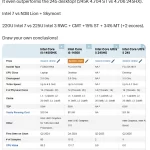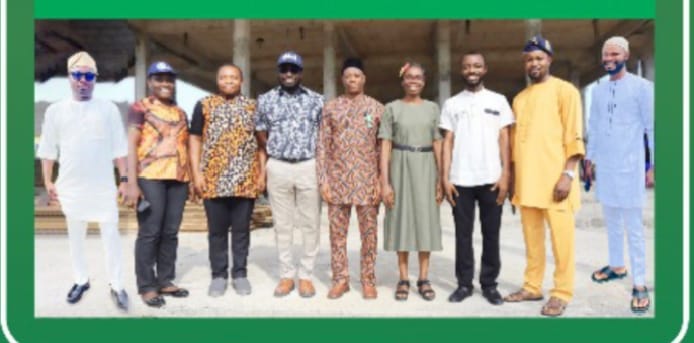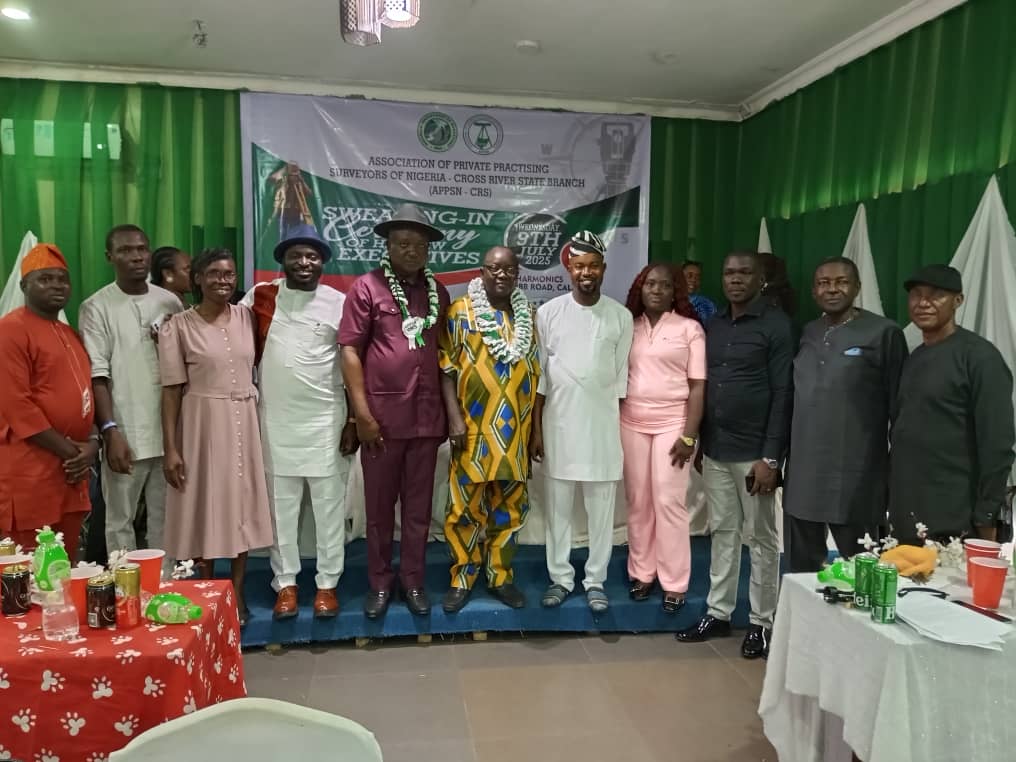U.S. based libertarians and entrepreneurs have longed to build their own private city somewhere in the world where they can set their own laws and eliminate regulations.
In 2009, following a military coup in Honduras, the crypto bros got what they were looking for: A deeply corrupt government involved in drug trafficking — and willing to hand over chunks of national territory to the highest bidders in the name of attracting foreign investment. From the start, the idea prompted widespread opposition in the country, but the legislative framework was imposed and contracts were signed regardless.
Now that the government of Xiomara Castro has fought to overturn the legal regime enabling private cities, an investor group called Próspera, made up of three U.S. companies, is suing Honduras for almost $11 billion. Their suit is one of 15 active cases against Honduras, one of the poorest countries in the Western hemisphere, for at least $14 billion in known claims.
A “Technical Coup”
In the early morning of December 12, 2012, the Honduran National Congress, then presided over by future right-wing president Juan Orlando Hernández, staged what was called a “technical coup” against the country’s Supreme Court of Justice by dismissing four magistrates from the Constitutional Chamber.
The reason? One ruling that found regulations to create Special Development Regions (REDs) — an initiative that would allow for the creation of private cities on Honduras’ territory — to be unconstitutional.
Legislative Decree No. 283-2010 promoted by then President Porfirio “Pepe” Lobo Sosa to create the special administrative areas that would be essentially governed by private companies. Lobo took power following highly controversial elections just months after a military coup that ousted the democratically elected progressive president Manuel Zelaya in June 2009 with the blessing of the U.S. and Canada.
Initially the idea for these REDs was conceived as “Model Cities.” But following its repeal, this was changed to so-called Employment and Economic Development Zones (or ZEDEs, by their initials in Spanish). Legislating the ZEDEs required amendments to certain articles in the Honduran Constitution that are not allowed to be modified. Implementing the ZEDE laws further ignored widespread opposition among Hondurans.
The Inter-American Court of Human Rights has since condemned Honduras for the arbitrary dismissal in 2012 of the four judges (see the case of Gutiérrez Navas et al. v. Honduras). And Hernández is now serving a 45-year sentence in a New York prison for links to narcotrafficking and arms-related charges.
As part of the reparation measures that the regional human rights body ordered, Honduras must pay more than $2 million USD to the former judges as compensation. But the potential costs to Hondurans for the highly unpopular ZEDEs could be even higher.
Honduras is now facing a $10.8 billion U.S. claim before the World Bank’s International Centre for Settlement of Investment Disputes (ICSID) from the Próspera Group under the terms of the free trade agreement between Central America, the Dominican Republic, and the U.S. (CAFTA-DR). Honduras Próspera Inc., St. John’s Bay Development Company, and Próspera Arbitration Center LLC, all incorporated in the United States, form part of the Próspera Group.
The claim arises from Honduras’ 2023 repeal of the law that founded the ZEDEs, essentially attempting to eliminate the entire idea and concept in Honduras altogether.
Crawfish Rock
In order to impose the ZEDEs on the Honduran people, the executive and legislative branches of government had to ignore broad opposition among Hondurans and civil society organizations, which has persisted ever since they were first proposed. They also had to disregard prohibitions against certain constitutional reforms in order to allow for these special economic zones, which are effectively a way to cede sovereignty to private companies.
The foothold for Prospera’s investors was the village of Crawfish Rock, on the north coast of Roatan island — an area classified as restricted under the Bay Islands Special Protected Areas Act due to its ecological importance for scientific research and environmental education.
Initial efforts to create Prospera began in 2017. By 2019, the first four land purchases made in 2017 and 2018 were incorporated into the ZEDE regime. However, it was not until mid-2020 that residents of Crawfish Rock learned that, contrary to what they had been informed, the project involved much more than tourism development and that its regulations included the threat of land expropriation through Article 28 of the ZEDE Law.
Luisa Connor, president of the Crawfish Rock community council, has been leading opposition to the installation of ZEDE Próspera in her community for four years and denounces that they were never consulted about it.
Her version of events was confirmed when Honduras Próspera’s legal advisor, Nicholas Dranias, published photographs of a list of signatures claiming that the investment was unanimously welcomed by the population. Human rights experts have pointed out, however, that free, prior, and informed consent is not obtained through the collection of signatures, nor should it be directed by the company or the state, but rather that the consultation process must take place in accord with the community’s own customs and traditions for decision-making.
By August 2023, Prospera expanded its land holding to 3 percent of the surface area of Roatan Island. It also annexed the Port of Satuyé in La Ceiba, Atlántida in the mainland, all located in the Honduran Caribbean and with great tourist value.
“A New Sheriff in Town”
For Luisa Connor, community concern regarding Próspera persists. In September, during the presentation of the report The Corporate Assault on Honduras, Connor pointed out that although the ZEDE legislation was repealed, the project has continued with the construction of buildings and the consequent deforestation.
“It’s not fair what we are facing in Crawfish Rock, because it’s not something we sought out — they sought us out,” Connor said. “We are a humble community, but we had to rise up to face this fight.”
The president of Crawfish Rock’s board of trustees further remarked that it was the previous government that made a pact with the investors without informing, consulting, or seeking consent from her community.
Connor says that since Prospera’s arrival, they have lost faith in outsiders, live with constant stress, and have experienced divisions among families. From her perspective, the project and construction should be halted until the arbitration is over.
The installation of Prospera was followed by ZEDE Morazan, located in the city of Choloma, on the outskirts of San Pedro Sula. Morazan is owned by Massimo Mazzone, an Italian businessman based in Honduras, who is also an investor in Próspera and the Vitalia project, a biotech initiative operating in ZEDE Próspera.
To date, Mazzone has not filed a claim against Honduras over the repeal of the ZEDE legal framework, but he has not ruled out the possibility. As reported in The Corporate Assault on Honduras, in March 2024 Mazzone threatened the Honduran government, saying: “Let us work, or shut us down and face international consequences.”
After the Supreme Court ruled the ZEDEs unconstitutional in September 2024, U.S. Rep. María Elvira Salazar (R-FL) issued a threatening message, declaring: “Be careful with expropriating the ZEDEs in Honduras. In January there will be a new Sheriff in town!” (She was referring, of course, to President Trump.)
Similarly, Erick Brimen conducted a “strategy tour” in Washington D.C. in November 2024, claiming to have achieved a “bipartisan endorsement” of the ZEDE. In a video, Brimen stated: “A material change in U.S. policy will begin in January.”
A Chilling Effect for Human Rights Campaigners
Karen Spring, co-coordinator of the Honduras Solidarity Network, explained that a third of current ISDS claims against Honduras are linked to investments that local communities oppose. The best known case, she said, concerns the ZEDEs.
“These companies feel entitled to use [investment protection agreements] to sue the State and basically try to recover the money they say they have lost due to the changes taking place in Honduras over the last two years,” she remarked.
For Jen Moore, of the Institute for Policy Studies, in addition to the economic impact of claims brought to supranational arbitration forums such as ICSID, the aim is also to provoke a deterrent effect. For example, to open up negotiations under duress with the state or to put the brakes on decisions that the judiciary or even human rights bodies might make.
Próspera Group’s nearly $11 billion claim, Moore said, as well as the threat from ZEDE Ciudad Morazán of a second possible claim, “seek to contain the current administration’s efforts to dismantle the regulatory framework that brought about the ZEDE.”
Another fact highlighted in the “Corporate Assault” report is that all the constitutional and legislative regulations related to the ZEDEs were approved while Juan Orlando Hernández was president of the National Congress, with questionable legitimacy from the beginning and plagued with irregularities.
Legacies of Narco-Dictatorship
After leading the National Congress, Juan Orlando Hernández eventually became president of Honduras, a position he held for two consecutive terms despite the prohibition of reelection in the Honduran Constitution. Even the District Attorney’s Office of the Southern District of New York (SDNY) pointed out that Hernández committed fraud in the 2013 and 2017 electoral processes.
On June 6, former President Juan Orlando Hernández, now 56, was sentenced in the SDNY to 45 years in prison and five years of supervised release following a guilty verdict for narcotics importation and firearms offenses.
After reading the sentence, Attorney General Merrick B. Garland stated: “Juan Orlando Hernández abused his position as president of Honduras to operate the country as a narco-state where violent drug traffickers were allowed to operate with virtual impunity, and the people of Honduras and the United States were forced to suffer the consequences.”
Former President Porfirio “Pepe” Lobo Sosa has also been mentioned in trials in the SDNY. The last time was during the trial against Juan Orlando Hernández, when Fabio Lobo, the ex-president’s son, testified that his father was aware of his involvement in illegal activities and had used his power to facilitate them.
Prospera Group’s lawsuit against Honduras is one of 15 brought by companies that benefited after the 2009 coup d’état during this so-called narco-dictatorship, many of which are directly or indirectly linked to criminal networks.
During his visit to Honduras in November, the UN Rapporteur on Sustainable Development Surya Deva remarked that suing the state for making policy decisions that protect rights, the environment, and indigenous peoples, is an “irresponsible action on the part of foreign investors.”
This article was adapted from an earlier version published in Spanish by the Honduran outlet Criterio.









